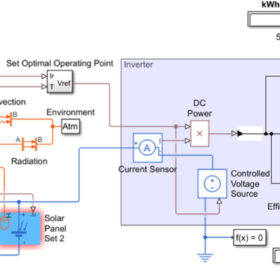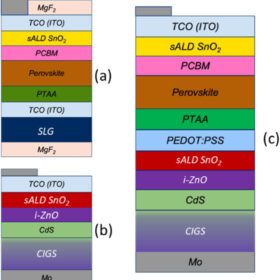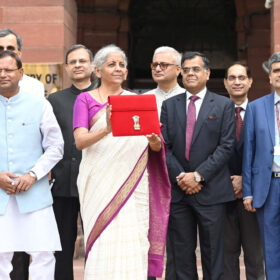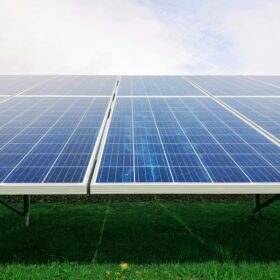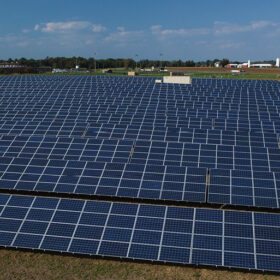How long do residential solar inverters last?
Multiple factors affect the productive lifespan of a residential solar inverter. In Part 2 of our series, we look at solar inverters.
New model to identify optimal power sizing ratio for solar inverters
Researchers in Malaysia have proposed a new approach to identify the optimal power sizing ratio to balance PV energy capture with inverter costs. The calibrated model is said to accurately reflect the relationship between inverter efficiency and real-world system behavior.
Sinovoltaics shuffles PV module manufacturer financial stability ranking
The third edition of the Sinovoltaics financial stability report ranking lists India-based Abhishek Corp, Insolartion Energy, Waaree Renewable Technologies, and Solex Energy, all based in India, followed by U.S.-based First Solar as the top five. Six additional manufacturers entered the global ranking.
Perovskite-CIGS tandem solar cells have technical potential to achieve 26.69% efficiency
A Dutch and U.S. research team performed optical and electrical simulations to understand loss mechanisms in two terminal (2T) tandem cells based on perovskite and commercially available copper-indium-gallium-selenide (CIGS) cells, and subsequently established a roadmap to increase efficiency via four key modifications.
India imposes 10% customs duty on solar glass imports
The Indian authorities will introduce a 10% customs duty on solar glass imports from October. The government has also expanded the list of exempted equipment for solar cell and panel production to support domestic manufacturing.
China’s solar dominance not an issue
In a new monthly column for pv magazine, the International Solar Energy Society (ISES) explains why potential trade disruptions in the global PV supply chain are substantially different from those related to coal, oil and gas.
New soiling detection method based on drones, AI, image processing
Developed by scientists in China, the proposed approach uses mathematical morphologies for image processing, such as image enhancement, sharpening, filtering, and closing operations. It also uses image histogram equalization and edge detection, among other methods, to find the soiled spot.
How long do residential solar panels last?
Multiple factors affect the productive lifespan of a residential solar panel. In the first part of this series, we look at the solar panels themselves.
Chinese PV Industry Brief: China adds 102.48 GW of solar in H1
China’s National Energy Administration (NEA) says the country installed 102.48 GW of new solar capacity in the first half of 2024, bringing its total installed solar capacity to approximately 710 GW.
Trina Solar probing potential breaches of TOPCon patents
Trina Solar says it has started evaluating potential violations of some of its patents for tunnel oxide passivated contact (TOPCon) tech. One of the patents focuses on the number of busbars and their width in TOPCon solar panels.

